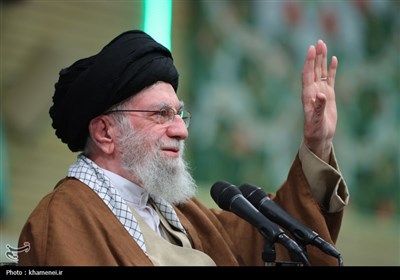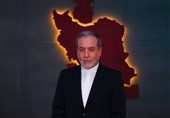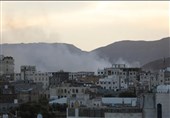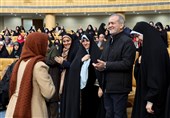Oil Rises Near 2-Month High as OPEC Stops Short of Pledging More
TEHRAN (Tasnim) – Oil climbed near the highest level since July after OPEC and its allies signaled less urgency to boost output and stopped short of promising extra volumes of crude despite US pressure to temper prices.
Futures in New York rose as much as 1.2 percent. The Organization of Petroleum Exporting Countries and its allied producers gave a tepid response to US President Donald Trump’s demand that it take rapid action to reduce prices, saying it would boost output only if customers requested it. Signs of slowing growth in US crude production also supported prices.
Oil has rallied about 10 percent from the August lows as investors increasingly question whether OPEC and allies will boost output as the US sanctions on Iran’s exports nears. Still, a full-blown trade war between the US and China could imperil global economic growth that underpins crude demand as the two countries are hours away from a new round of tariffs on each other’s goods, according to Bloomberg on Monday.
Oil investors are “trading the weekend news very favorably,” said Stephen Innes, Singapore-based head of Asia Pacific trading with Oanda Corp.
“Saudi Arabia and Russia ruled out any expeditious supply increases at the Algeria meeting while decidedly ignoring Trump’s call to increase supplies and ease price pressures.”
West Texas Intermediate for November delivery rose as much as 88 cents to $71.66 a barrel on the New York Mercantile Exchange and traded at $71.54 at 12:15 p.m. in Tokyo. The contract climbed 46 cents to $70.78 on Friday. Total volume traded was slightly below the 100-day average.
Brent for November settlement rose 97 cents to $79.77 on the ICE Futures Europe exchange. The contract advanced 10 cents to $78.80 on Friday. The global benchmark traded at an $8.23 premium to WTI for the same month.
Trading on the Shanghai International Energy Exchanged is closed for a Chinese public holiday. The contract for December delivery fell 0.7 percent on Friday.
Saudi Arabia signaled the kingdom is in no rush to bring oil prices down from current levels. “The market is well-supplied,” Saudi Energy Minister Khalid Al-Falih said after the OPEC meeting in Algeria over the weekend. “The reason Saudi Arabia didn’t increase more is because all of our customers are receiving all of the barrels they want.”
Meanwhile, the risk of escalating trade tensions between the US and China could weigh on oil prices, with no improvement in relations between the two rivals in sight. Some $200 billion of Chinese products will be subject to increased tariffs from noon Beijing time on Monday. That’s on top of the $50 billion in goods imposed earlier this year. China is expected to retaliate.
“We protect the countries of the Middle East, they would not be safe for very long without us, and yet they continue to push for higher and higher oil prices! We will remember. The OPEC monopoly must get prices down now!” Trump wrote on Twitter following OPEC’s decision.






